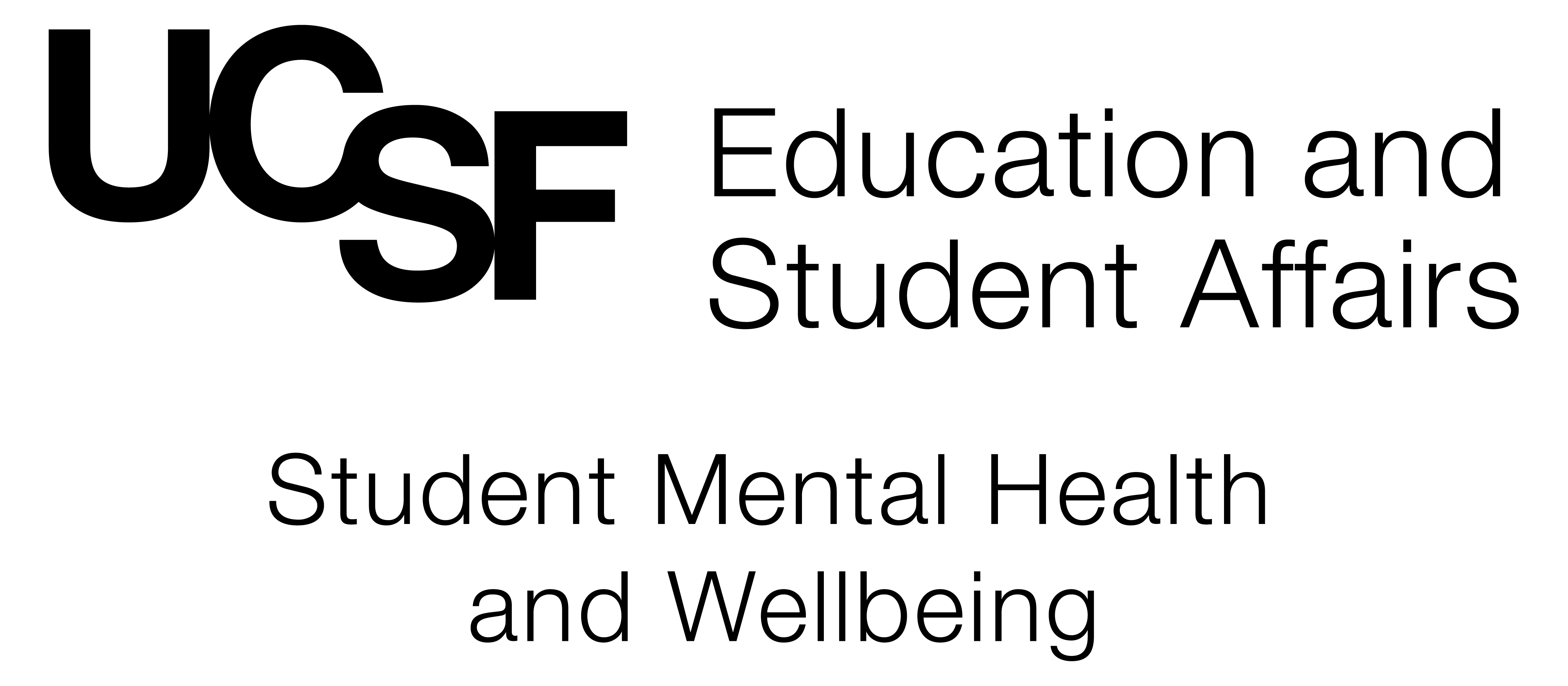The Let’s Talk program provides easy access to informal, brief, drop-in* consultations with SMHW counselors.
Let’s Talk is a free, confidential program. No appointment is necessary, there is no paperwork to complete. Visits are first come, first serve and the wait time to see the Let’s Talk Counselor is usually very brief.
Speaking with a counselor in a confidential setting can help you access support, provide perspective, help you explore resources and options and discuss how counseling might be helpful. Let’s Talk is designed for students who are wanting to talk to a counselor casually. It is not appropriate for students needing urgent help. If you are in crisis, please visit the SMHW Mental Health Crisis resource page.
*Let's Talk sessions are currently limited. Contact your program's mental health liaison for openings via email. Make sure to include SECURE in the email subject.
Let’s Talk Frequently Asked Questions
What is Let’s Talk?
Let’s Talk is a drop in program that provides easy access to informal confidential consultations with a counselor from Student Mental Health and Wellbeing (SMHW). Service is free. Contact your school's mental health liaisons for schedules and availabilities Mental Health Liaisons | studentmentalhealth (ucsf.edu)
What happens at a visit to Let’s Talk?
Appointments are first-come, first-served. Usually there is not much of a wait. The counselor will listen closely to your concerns and provide support, perspective, and suggestions for resources.
How is Let’s Talk different from counseling at SMHW?
Mental Health Clinicians at SMHW provide ongoing counseling, which usually consists of bi-weekly 45-50 minute appointments. Let's Talk is not formal counseling: it is a drop-in service where students can have an informal consultation with a counselor from time to time.
Who should visit Let’s Talk?
- Students who are not sure about counseling and wonder what it's like to talk with a counselor.
- Students who are apprehensive about counseling and want to discuss how it might help them.
- Students who are not interested in ongoing counseling but would like the perspective of a counselor
- Students who have a concern about a friend and want some thoughts about what to do.
I think I have a problem that would benefit from counseling, but I don't know anything about counseling. Would going to Let’s Talk help me figure out what to do?
Absolutely. The counselor will talk through your issue with you and help you determine the best way to get help. If you feel comfortable with the counselor, it's sometimes possible to meet with them at SMHW in an ongoing way.
I called SMHW and spoke with a counselor. They offered me an appointment 10 business days from now. Can I stop by Let's Talk in the meantime?
If you believe you need to be seen sooner than the appointment you were given, it's best to call SMHW directly and explain your situation.
I called SMHW and spoke with a counselor. They recommended a referral to a therapist in the community. Can I go to Let's Talk instead?
Since regular counseling visits are not available at Let's Talk, following up with the referral is a good idea. Unfortunately, SMHW cannot provide ongoing counseling to every student who requests it.
I'm currently seeing a counselor at SMHW, and I would like to talk to someone sooner than my next appointment. Can I go to Let's Talk?
If your next appointment is not soon enough, it's best to contact your assigned counselor directly to see if an earlier appointment is available.
I'm currently seeing a counselor at SMHW, and I'm not happy with how things are going. Can I go to Let's Talk instead?
The best thing to do in this situation is to talk directly with your assigned counselor. Counselors are eager to get your feedback, positive or negative. Oftentimes an open conversation about your concern helps smooth out any wrinkles. If, after talking with your counselor, you prefer to transfer to someone else, just ask your counselor directly, either in person or by e-mail.
What else do I need to know?
Although Let's Talk counselors are professionals, Let's Talk is not a substitute for psychotherapy or formal counseling and does not constitute mental health treatment. Let's Talk counselors provide these consultations to help students with specific problems and to introduce them to what it's like to speak with a counselor. Your Let's Talk counselor can help you determine whether formal counseling at SMHW would be useful for you and, if appropriate, assist you in scheduling an appointment.
Let's Talk visits are confidential. Are there any limits to confidentiality?
Conversations with Let's Talk counselors are confidential, with a few very rare exceptions. Counselors may need to share information in an emergency when there is an immediate threat of harm to self or others. Counselors are required by law to report when a minor, elderly person, or someone otherwise incapacitated and unable to act on his/her own behalf is being abused. Let's Talk counselors keep brief written notes of their contacts with students, and in the event that there is an emergency or a student is referred to SMHW, other SMHW staff may see that a student spoke with a Let’s Talk counselor.
Finally, these notes can be released in the unlikely event of a court order. Let's Talk visits are never noted on a student's official university record.
We don't want anything to be a barrier to students accessing help. If you have further questions about confidentiality, we encourage you to discuss them with a Let's Talk counselor.
